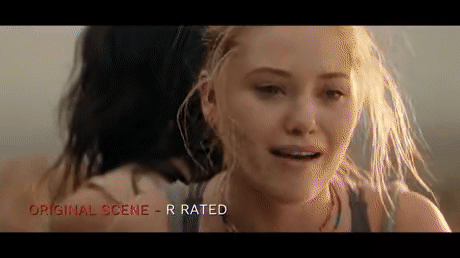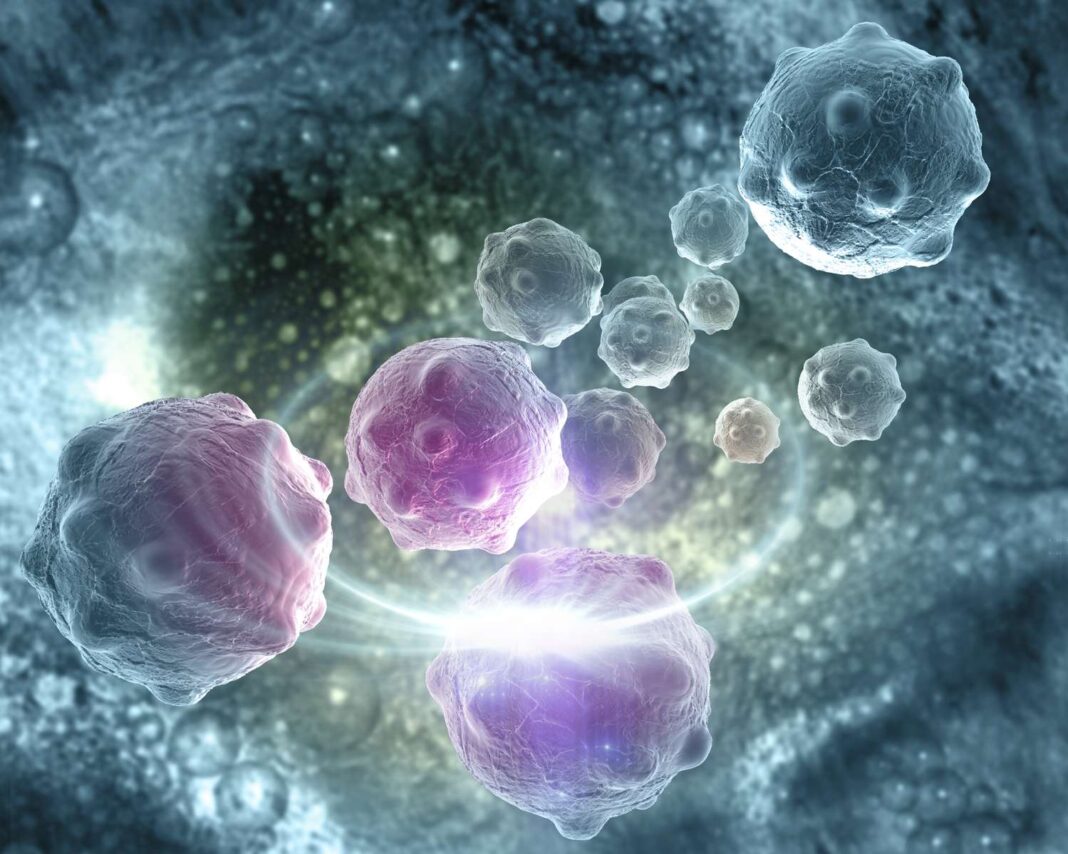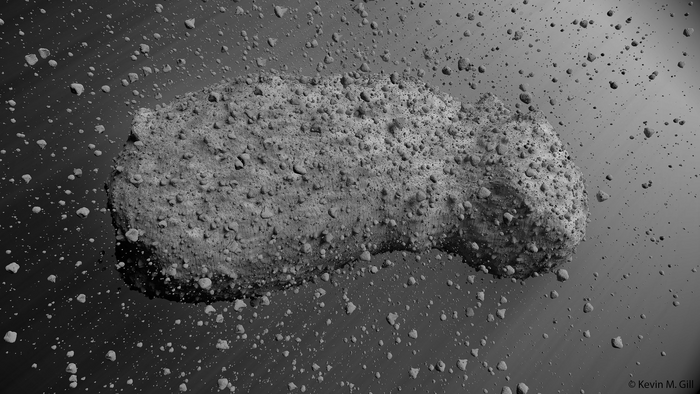Artificial Intelligence is becoming more and more commonplace in today’s world, and it has even made its way into the entertainment industry. Movies are now being written, directed, and edited by AI programs. But is Hollywood ready for this type of technology? Let’s explore.
A.I. can create films quickly, efficiently, and with a high degree of accuracy that traditional production methods cannot match. Because of this, AI-created films can be released much faster than their human-made counterparts, allowing studios to capitalize on current trends more effectively while still keeping up with viewer demand for new content.
Furthermore, AI can help filmmakers save money by eliminating the need for reshoots or expensive post-production work; if an AI program creates a film that isn’t quite up to par aesthetically or narratively, it can be tweaked relatively easily without having to re-film any scenes or hire additional people to take on post-production roles like sound editing or color correction. Finally, A.I.-created films have the potential to bring about new and innovative stories as well as create opportunities for marginalized voices within the industry that would otherwise not be afforded these same opportunities due to financial constraints or lack of access to specific channels of production.
The crazy stuff I do at work… we use AI change up how films are made! @Flawlessai
This would be why I don't post on here much these days.#Filmmaker #filmmaking #ArtificialIntelligence pic.twitter.com/xYmLAO6MaB— Sneaky Zebra (@sneakyzebra) January 23, 2023
On the other hand, there are some concerns around using A.I.-created films in Hollywood due to their lack of originality and creativity when compared to their human-produced counterparts; because they are created through algorithms rather than organic processes, AI films can only produce what has been programmed into them and must rely on existing data sets rather than creative ingenuity when creating stories or developing characters since they cannot engage in abstract thinking processes at this time (although this could change with advances in technology). Additionally, there is also concern over how these AI programs will affect jobs within the entertainment industry as many positions could potentially become unnecessary if movies are created entirely by robots instead of humans—which could lead to job losses for many people already working within the field (and those who aspire to do so).
Artificial Intelligence has great potential when it comes to changing how movies are made within Hollywood. Still, at present time its use should be limited until it becomes more advanced. Otherwise, we risk losing out on valuable opportunities for creative expression and storytelling that come from human interaction with one another as well as our own unique perspectives as individuals who make up our collective culture/society which would ultimately lead us down a path toward homogenization rather than progressivism/innovation within film making! With careful consideration given to these points however we may yet see A.I., used responsibly and creatively – let’s hope so!











